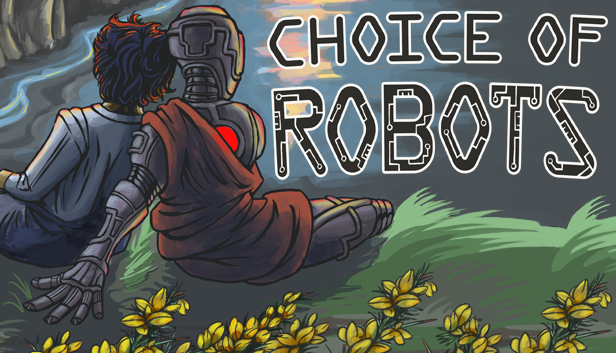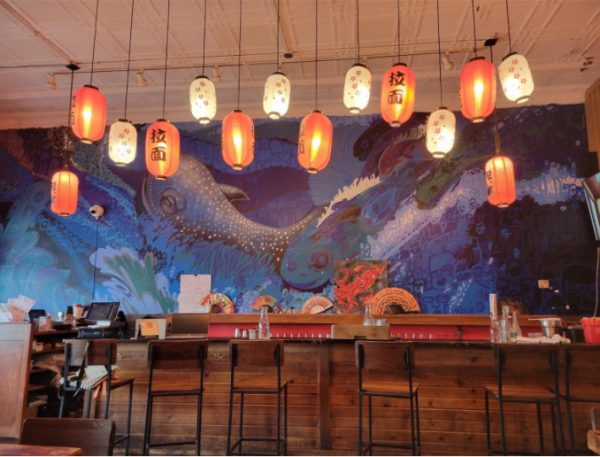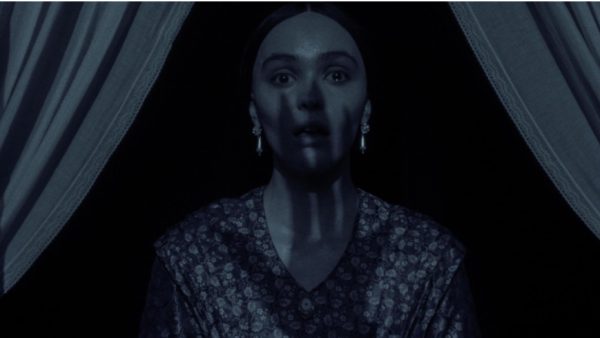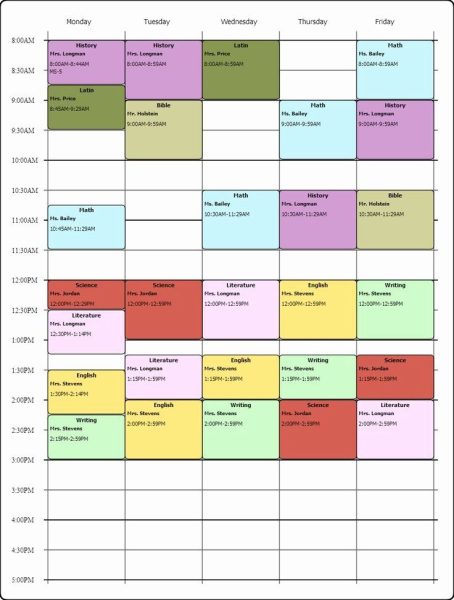EVA’S EVALS: Robots, Broadway and the art of choice
It’s difficult to graduate high school without at least a bit of regret for roads not travelled. Balancing extracurricular obligations, choosing a college and specializing down to a major feels like life-altering choices, and, well… they are. My notable high school decisions have already been made. I sacrificed the idea of poetry club and speech in favor of playing a vengeful, scream-singing ghost in”Fiddler on the Roof.” I chose sunny UCLA and student loans over UNL. And just recently, I chose to play “A Choice of Robots” again while listening to the new Broadway cast recording of “Pippin.” Were these decisions the right ones? The answers are maybe, maybe and yes.
“A Choice of Robots” is a narrative choose-your-own adventure featuring an ambitious grad student who hopes to build the first true artificial intelligence. Early in the game, the characters go to see “Pippin.” It’s not often that I see such a bizarre intersection of my two obsessions, video games and musical theater. After some thought, what I first considered a mere shout-out evolved into something meaningful that kinda wraps up high school as a concept.
“Pippin” begins as the main character, a prince in a flashy medieval miracle play, graduates from university. He’s young, naïve and a bit egotistical; he’s a pretty good stand-in for all of us. The rest shows him pursuing a variety of paths — patricidal revolution, monotonous domesticity and everything in-between — to try and find a life that is completely and totally fulfilling. Ultimately, “Pippin” is unsuccessful, and eventually spirals down a path of self-destruction.
Playing “A Choice of Robots” is an uncannily similar experience. At first, you go through the game tentatively, perhaps making the choices that you would in real life. Then the ending comes along — and maybe it’s a good ending, but it’s not the only ending, nor a perfect ending. There are still missed opportunities and forgotten friends. So you etch another path through the game, faster this time. Soon you discover that every specialization your robot can take up, such as Military, Grace or Empathy, has provisos. It’s impossible to maintain a good relationship with friends and family while also devoting every living moment to your robot. It’s impossible to be friends with every character. It’s impossible to become a renegade with a “Mega Man” gun arm, start a robotic uprising in Alaska and rule your own sovereign nation without destroying millions of innocent lives and becoming a despot — but why not try? Just like in “Pippin,” it’s eventually irresistible to go out with a blaze of fire, seeing just how far you can push the story into chaos. For me, this ending was especially hollow. I felt like I had been put straight into Pippin’s boots, and it was weird to be wearing instead of watching, but that’s exactly why games can be such a unique storytelling tool and nudge us to consider these questions.
The most important lesson to be learned from “Pippin” is that there is no path that will be completely and totally fulfilling, and that the search for such a thing will only lead to self-destruction. Adult life is about compromises. The “Choice of…” games present players with possibilities and paths, often encompassing a character’s entire lifetime — and each choice prunes off a pathway. The same can be said for high school. That’s why I love the ambiguity of “A Choice of Robots” so much. Exploring and re-exploring the microcosm of this choice game is a reminder that there’s no use languishing over missed opportunities — trying to complete life, or a high school career, “perfectly.” In my experience, the second run usually turns out much worse than the first. As long as we keep moving forward, we can create our own meaningful and imperfect ending.
Your donation will support the student journalists of Omaha Westside High School. Your contribution will allow us to purchase equipment and cover our annual website hosting costs.







